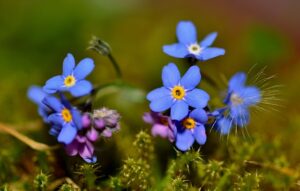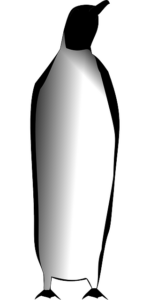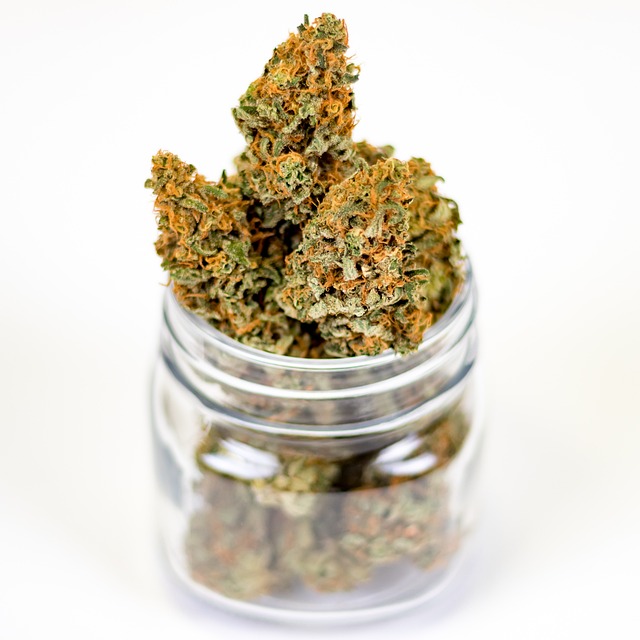
THCA and CBD are both non-psychoactive compounds from Cannabis sativa that have garnered attention for their potential to improve sleep quality as natural alternatives to conventional sleep aids. THCA, particularly, is noted for its ability to influence the sleep-wake cycle by interacting with the endocannabinoid system, promoting relaxation and addressing insomnia without causing sedative side effects. It has been found to have anxiolytic and analgesic properties that can alleviate pain and anxiety, which often disrupt sleep. Unlike CBD, which affects a broader range of receptors and neurotransmitters, THCA's influence is more targeted, particularly through the CB1 receptor, making it a compelling choice for those seeking to modulate their stress response for better sleep. Research comparing THCA vs CBD for sleep indicates that both may be effective, but THCA's specific interaction with the endocannabinoid system could offer a unique advantage. Users have reported benefits such as faster onset of sleep and improved sleep quality throughout the night. As with any health strategy, consulting with a healthcare provider before using THCA or CBD is advised to ensure safe and effective use, considering legal considerations and individual reactions.
Explore the restorative potential of THCA flower as a natural sleep aid in our comprehensive guide. Delve into the nuanced differences between THCA and CBD, particularly in relation to sleep benefits. This article dissects the science behind THCA’s role in sleep regulation, its efficacy for sleep disorders, and the intricate dance of cannabinoids within the entourage effect for enhanced rest. From sourcing and storing THCA flower to personalizing your evening routine, learn how to safely and effectively incorporate this botanical remedy into your life. We’ll also touch on user experiences, expert insights, and the future of research on these compounds. Whether you’re considering THCA flower as an alternative to traditional sleep aids or simply looking to enhance your slumber, this article offers a comprehensive look at the benefits and considerations of THCA for sleep, alongside its comparison with CBD.
- Unveiling THCA Flower: A Natural Sleep Aid
- THCA vs. CBD for Sleep: A Comprehensive Comparison
- The Science Behind THCA and Its Role in Sleep Regulation
Unveiling THCA Flower: A Natural Sleep Aid
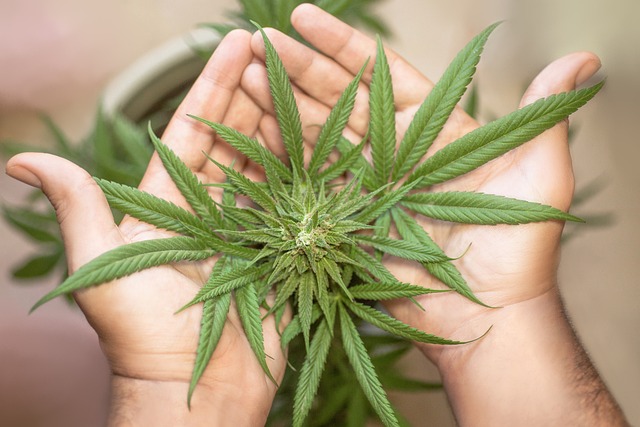
Discovering the potential of THCA flower as a natural sleep aid presents an intriguing alternative to traditional over-the-counter remedies. Tetrahydrocannabinolic acid (THCA), the raw form of THC found in cannabis, has garnered attention for its therapeutic properties. Unlike its psychoactive counterpart THC, THCA does not induce a high but exhibits notable effects on sleep regulation. Studies suggest that THCA interacts with the body’s endocannabinoid system, influencing the sleep-wake cycle and promoting relaxation without sedative side effects often associated with pharmaceutical options.
In contrast to CBD, another non-psychoactive cannabinoid, THCA flower offers distinct benefits for those seeking improved sleep quality. While both compounds have been researched for their calming effects, THCA’s interaction with the body’s CB1 and CB2 receptors may provide a more potent natural solution for insomnia and sleep disturbances. Users often report that THCA flower helps them fall asleep faster and enhances the quality of their sleep throughout the night. As an added advantage, THCA may also alleviate pain and anxiety, common culprits that disrupt restful sleep. When considering THCA vs CBD for sleep, it’s clear that both have merit, but THCA’s precursor status in the cannabinoid acid pathway offers a compelling option for those looking to harness nature’s sleep-inducing benefits.
THCA vs. CBD for Sleep: A Comprehensive Comparison
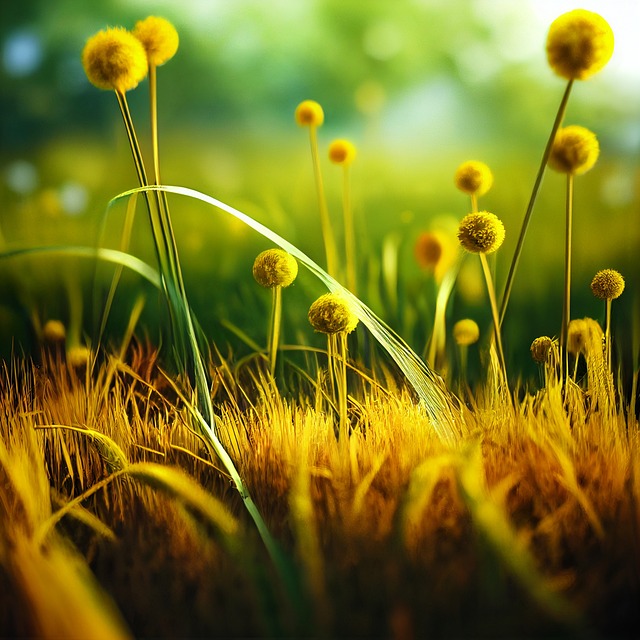
THCA, or Tetrahydrocannabinolic Acid A, is a non-psychoactive cannabinoid found in the Cannabis sativa plant that has garnered attention for its potential therapeutic properties. Unlike its more famous counterpart, CBD or Cannabidiol, THCA does not induce the psychoactive ‘high’ associated with THC, its decarboxylated form. Both compounds have been studied for their effects on sleep, with distinct mechanisms and potential benefits.
For individuals seeking natural alternatives to improve sleep quality, THCA vs CBD for sleep presents an intriguing comparison. THCA interacts with the body’s endocannabinoid system, influencing factors like pain, inflammation, and anxiety, which can all disrupt sleep patterns. Its potential role in promoting restful sleep may be due to its affinity for the CB1 and CB2 receptors, which can affect mood, movement, and pain sensation. On the other hand, CBD is renowned for its calming effects, which can help reduce anxiety and insomnia without causing drowsiness. It targets a broader range of receptors and molecular pathways, contributing to a sense of relaxation that may facilitate better sleep conditions.
When considering THCA vs CBD for sleep, it’s important to note the legal status, recommended dosages, and individual sensitivities to each compound. While both hold promise for sleep improvement, personal experiences can vary greatly, making an informed discussion with a healthcare provider essential before incorporating these cannabinoids into a sleep regimen.
The Science Behind THCA and Its Role in Sleep Regulation
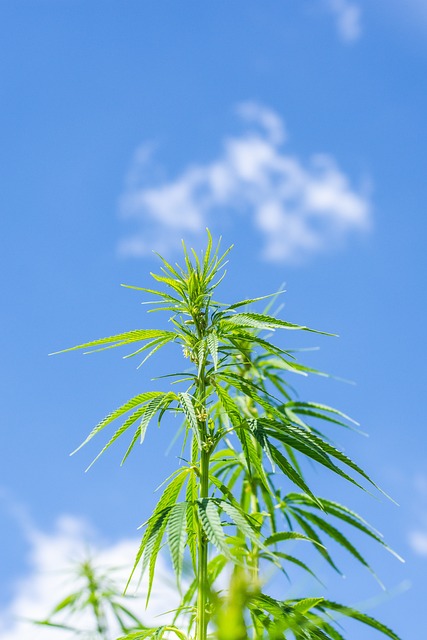
Delta-9-tetrahydrocannabinol acid (THCA) is a non-psychoactive cannabinoid found in the Cannabis sativa plant, which has garnered attention for its potential therapeutic properties. Unlike its more famous counterpart, delta-9-tetrahydrocannabinol (THC), THCA does not induce psychoactive effects but interacts with the body’s endocannabinoid system in ways that may influence sleep patterns. Research suggests that THCA has anxiolytic and analgesic effects, which can help alleviate pain and anxiety, common barriers to achieving restful sleep.
In the realm of sleep regulation, THCA is being studied for its potential benefits alongside cannabidiol (CBD), particularly in addressing issues like insomnia. Unlike CBD, which has a multifaceted impact on sleep by influencing various receptors and neurotransmitters, THCA’s influence seems more focused on the body’s stress response. The interaction of THCA with the CB1 receptor, known for its role in regulating mood, appetite, and pain sensation, may contribute to its calming effects, promoting a state conducive to sleep. This is particularly interesting when comparing THCA vs CBD for sleep, as the two compounds might offer different profiles of efficacy and side effects. Preliminary studies indicate that THCA could be a valuable addition to sleep hygiene routines, offering a natural approach to improving sleep quality without the psychoactive component found in THC. As research continues to evolve, the role of THCA in sleep regulation becomes clearer, potentially opening new avenues for natural, non-psychoactive interventions for better sleep.
THCA, or tetrahydrocannabinolic acid, emerges as a promising natural aid for those seeking restful sleep, distinct from its non-psychoactive counterpart CBD. Our exploration has shed light on the unique properties of THCA flower and its scientifically grounded role in sleep regulation. When considering alternative methods to improve sleep quality, the comparison between THCA and CBD reveals that THCA holds potential benefits, particularly due to its intoxicating nature which may contribute to more profound sedative effects. As research continues to evolve, it’s clear that understanding the nuanced differences between these compounds is key for individuals looking to harness their sleep-regulating properties effectively.

